How can Social Workers Support Young Widows?
Welcome Back to the Social Work Café Blog.
Yes, We're Finally Back!
It’s been a little while (only about four months late!), but I’m so excited to be back with a blog post that highlights one of my favourite episodes from the latest season of the podcast.
In this episode, I had the joy of chatting with the amazing Nicole Okimura, a recent graduate of the Bachelor of Social Work (Honours, Class 1) from Charles Sturt University.
I had the privilege of supervising Nicole during her Honours year, and we’ve since collaborated to publish key findings (open access) from her research in Australian Social Work.
Getting published as an Honours student is a huge accomplishment, and I’m so proud of Nicole for this achievement.
Her thesis, Young Widows’ Lived Experience of Formal and Informal Support in Australia: Implications for Social Work, explored the support systems available to young widows in Australia.
Our publication focused on their experiences of formal support, including interactions with professionals such as social workers.
Our conversation covered many important themes, particularly around the gendered nature of young widowhood.
Nicole explains the feminisation of poverty, a concept that illustrates how financial instability often deepens after the loss of a partner, especially for young women.
Beyond grief itself, young widows face added pressures, such as loss of identity, financial stress, caregiving burdens, and social stigma, all of which are deeply shaped by cultural contexts.
Sadly, the findings were sobering.
All seven participants in Nicole’s study reported mixed and/or negative experiences with formal supports, including social workers.
Some professionals lacked the ability to sit with the discomfort that comes with such profound grief.
Others were constrained by systemic barriers that prevent timely and appropriate support.
But it’s not all bleak, as there’s significant potential for social work to grow in this space. We can become more responsive by strengthening our interpersonal skills, challenging assumptions about how grief “should” look, and advocating for systemic change.
As Nicole powerfully puts it: “They [young widows] just want to be heard.”
Each woman will grieve differently. Our role is to stay curious, present, and supportive, even when their grief (and ours) feels uncomfortable.
These insights also connect with Nicole’s answer to our season 3 signature question: “What’s one thing you would change about the social work profession to make it better?” Nicole beautifully highlights the importance of social work’s holistic perspective, reminding us to work across micro, meso, and macro levels to create meaningful change.
Nicole also brings incredible insight not only through her research skills but also through her own lived experience as a young widow, which inspired her to undertake this important study.
She is a shining example of how personal experience can drive powerful and impactful social work research.
A huge thank you to Nicole for inviting me to be her supervisor, to the amazing women who participated in her research, and to Associate Professor Karen Bell, our honours coordinator, for her wonderful leadership.
Supervising passionate students like Nicole is one of the most rewarding parts of my academic life. Watching her brilliance shine has been an absolute honour.
Stay tuned,
Dr. B

